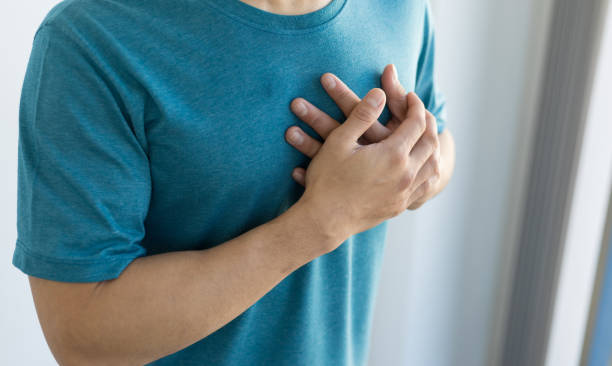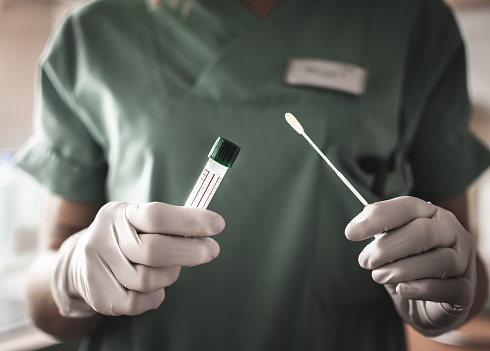The Signs of Heart Disease
Knowing the signs of heart disease is critical to preventing a heart attack. While heart attacks are very scary, they aren’t the only type of heart disease. There are also many other symptoms to look for. As a result, it is important to learn about all of these signs so you can make the best choices for your health.
How do you detect early heart disease?
Early detection is key to preventing and treating heart disease. There are several ways to do this. One simple way is to have regular checkups. If your heartbeat is irregular, it might be an early sign of a problem. You can also do lab tests to check if you have any signs of heart disease. The results of these tests may help you make the appropriate medication choices.
A doctor will first perform a physical exam and review your medical history. Then, they will perform various tests, including an electrocardiogram (ECG), a stress test, and blood tests. The stress test will increase your heart rate and image the function of other organs and systems.
How do I know if my heart is healthy?
While there are a number of signs of an unhealthy heart, there are also a number of simple ways to tell if you’re on track. One of the simplest ways is to monitor your energy levels. If you get fatigued quickly after doing light activity, it’s possible that your heart isn’t pumping enough blood. If you find yourself experiencing such fatigue, it may be time to make an appointment with a doctor.
Cardiovascular disease is the number one cause of death in the U.S.; in 2013, more than 659,000 people died from it, which is one death every 40 seconds. Men over age 65 are particularly at risk for premature coronary artery disease. In fact, 10 percent of men develop it before they reach age 45. In addition, the average 50-year-old has a 50% chance of developing cardiovascular problems. Fortunately, many preventable heart problems can be detected early, making it easy to reduce your risk and live a longer, healthier life.
Can heart disease be cured?
While it is not possible to completely cure heart disease, appropriate treatment options can significantly reduce the severity of symptoms and improve quality of life. With the right combination of lifestyle changes and medication, many patients can live a normal, active life. For example, lowering high blood pressure and cholesterol are common ways to reverse the effects of heart disease, and doctors are able to repair damaged heart valves. However, heart muscle does not regenerate.
Heart transplants are another option for people with coronary heart disease. Heart transplants, which replace the damaged heart, can restore blood flow and extend life. However, this procedure is risky and the wait times for a new heart can be long.
What are the 4 silent signs of a heart attack?
Some of the most common symptoms of a silent heart attack are shortness of breath, nausea, and lightheadedness. These symptoms are very subtle and may be mistaken for a cold, flu, or other medical condition. However, if you notice one or more of these signs, you should get yourself checked out right away.
You may have never experienced these symptoms before, but they are just as dangerous. Although they may be less dramatic and painful, these silent heart attack symptoms can still be extremely dangerous and even life-threatening. Fortunately, there are some ways to spot the symptoms and get to the hospital in time.
If you experience one of the symptoms listed above, call 911 and explain that you’re having a heart attack. You should also tell the hospital staff that you’re experiencing these symptoms, and bring a friend or advocate with you. If you’re at high risk for a heart attack, stop smoking and pay close attention to your body’s signals.
How can I test myself for a heart attack?
If you suspect you are having a heart attack, the first thing you should do is contact your doctor right away. There are several tests available that will help the doctor determine the cause of your heart attack and what the best treatment is. An early diagnosis will also prevent long-term damage to the heart.
The first test is called an electrocardiogram. This is usually given within a few minutes of arriving at the emergency room. The results will help the doctor determine if you’re suffering from a heart attack and order further tests. A doctor may also perform a physical exam and ask you about your medical history.



